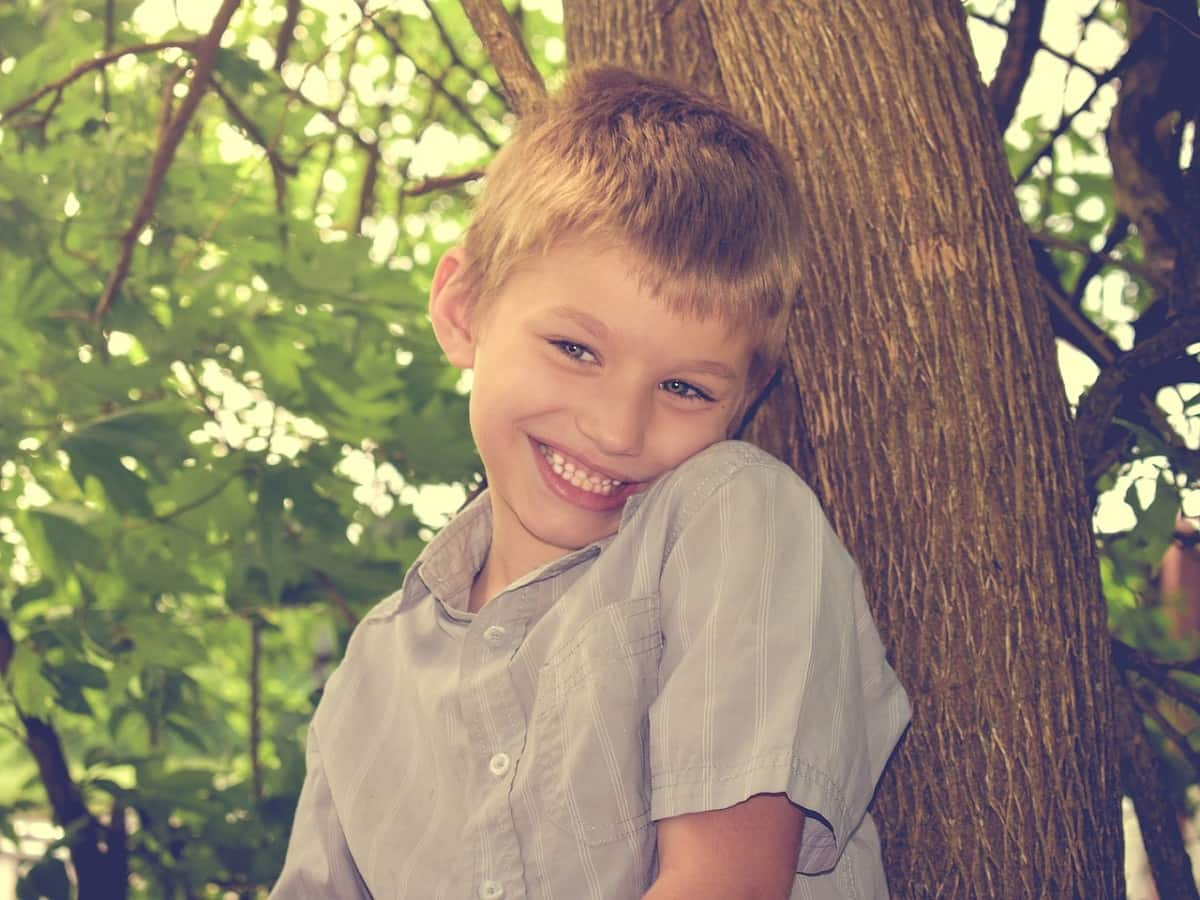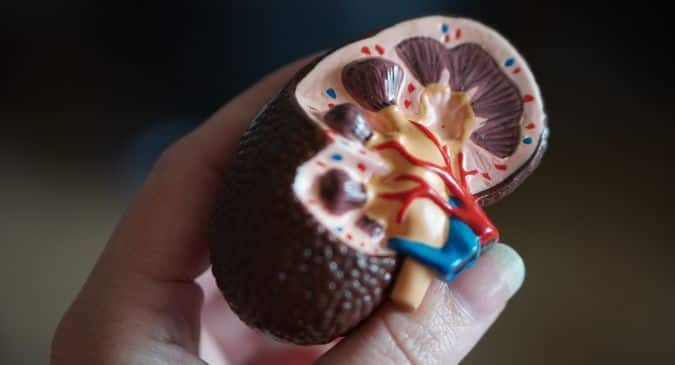Late Autism Diagnosis: Autism in older children and youth is misdiagnosed for other diseases. Know why it could create a problem for them in the future and how to address it.
It is surprising how many people go through life without getting an autism diagnosis, even when they have symptoms. Experts believe that autism is often misdiagnosed as another disease due to the similarity of symptoms that may appear. Early diagnosis can make a big difference in a child’s life. However, most of the time children don’t get diagnosed with autism until later in life. Also, the signs of autism in adults present differently from those in children, and many adults have learned to live with their symptoms over the years. To get treatment on time, timely intervention and diagnosis are important, so here is everything you need to know about how autism can be diagnosed in older children and youth.
Late Autism Diagnosis: Reasons You Should Know
Receiving help from children with autism makes a big difference. However, often children don’t get diagnosed with autism until much later. Often, they are diagnosed with ADHD (Attention-deficit Disorder) or sensory issues. Although these diagnoses may be correct, autism needs to be diagnosed too in order for the child to receive the right help.
Some reasons for a late diagnosis of autism are that the signs of autism may not be as clear for some. For some, the signs may become prominent only during adolescence when the social and educational challenges become more demanding. Often people may also be misdiagnosed with other disorders such as OCD (Obsessive-compulsive Disorder), social anxiety or personality disorders. Having the right diagnosis helps these individuals get the appropriate help, treatment and services.
Methods For Diagnosis
Although various methods such as observations and questionnaires have been developed to diagnose children with (Autism Spectrum Disorder) ASD, there is no standard way to diagnose an adult. The diagnosis is often reached through a series of tests, and interviews that look at adaptability, intellectual functioning, communication skills and a childhood history of ASD traits.
The Importance Of Having The Right Diagnosis
People often believe that having a diagnosis won’t change anything and that it won’t make a difference in their life. However, having the individual diagnosed with autism can be life-changing for them. Those with autism may struggle to fit in, they may have difficulty in various areas of life, and they may have difficulty relating to others around them. This experience can be very isolating and confusing for individuals with autism as well as their parents. Those with autism are often perceived as ‘being difficult’, rather than seen as living a difficult life. They may often struggle with making sense of their world and their relationships. Being diagnosed with autism can feel like solving a lifelong puzzle where he or she is able to understand why they felt different. The individual may now be able to make sense of all the difficulties he or she faces and the various experiences may suddenly make sense now. It can come as a relief to have an answer. It can also help those around the individual to understand their difficulties and help make things easier for them. It may thus, open up access to various services and benefits in the workplace or educational environment.
What Autism In Older Children May Look Like?
Autism in older children and youth may look like having unusual or strong interests, interest in limited activities, difficulty with verbal communication such as having trouble taking turns, confusion with language, nonverbal communication such as trouble reading nonverbal cues, lack of inflexion while speaking, difficulty with understanding and expressing emotions, trouble relating to peers, difficulty making friends, trouble understanding the social rules of friendship, unusual attachment to certain objects, compulsive behaviour, repetitive movements. They may also get upset easily with change and may have difficulty adjusting to change. There may also be frequent monologues on the same or related subjects. Superior abilities may also be seen in particular areas. Sensory sensitivity may also be seen such as sensitivity to certain sounds, textures, and tastes. They may also seek sensory stimulation.
Other Concerns Along With Autism
There may also be other issues associated with or be present in addition to autism. These may include anxiety, depression, difficulty with falling asleep or staying asleep, aggressive behaviour, emotional outbursts, school refusal, eating disorders and gender dysphoria.
What may help:
- Being educated about autism can give individual and their families a better understanding of the condition. It can also help the individual feel validated and can help him or her find solutions
- Individuals who are on the spectrum may also benefit from therapy. Therapy can place individually or in a group or family setting.
- Vocational rehabilitation may also help
- Individuals may also find peer support helpful









